Six Withdrawals in One Day! Lotus Court Turns into a White Lotus Resort, Zheng Qinwen’s Withdrawal Confirms a Forced Comeback?
Before the fourth match at Lotus Court started, when the host just announced, “Players, please enter the court,” the audience suddenly burst out with a desperate plea: “No more withdrawals!” This somewhat resigned humor became the truest reflection of that day’s matches.
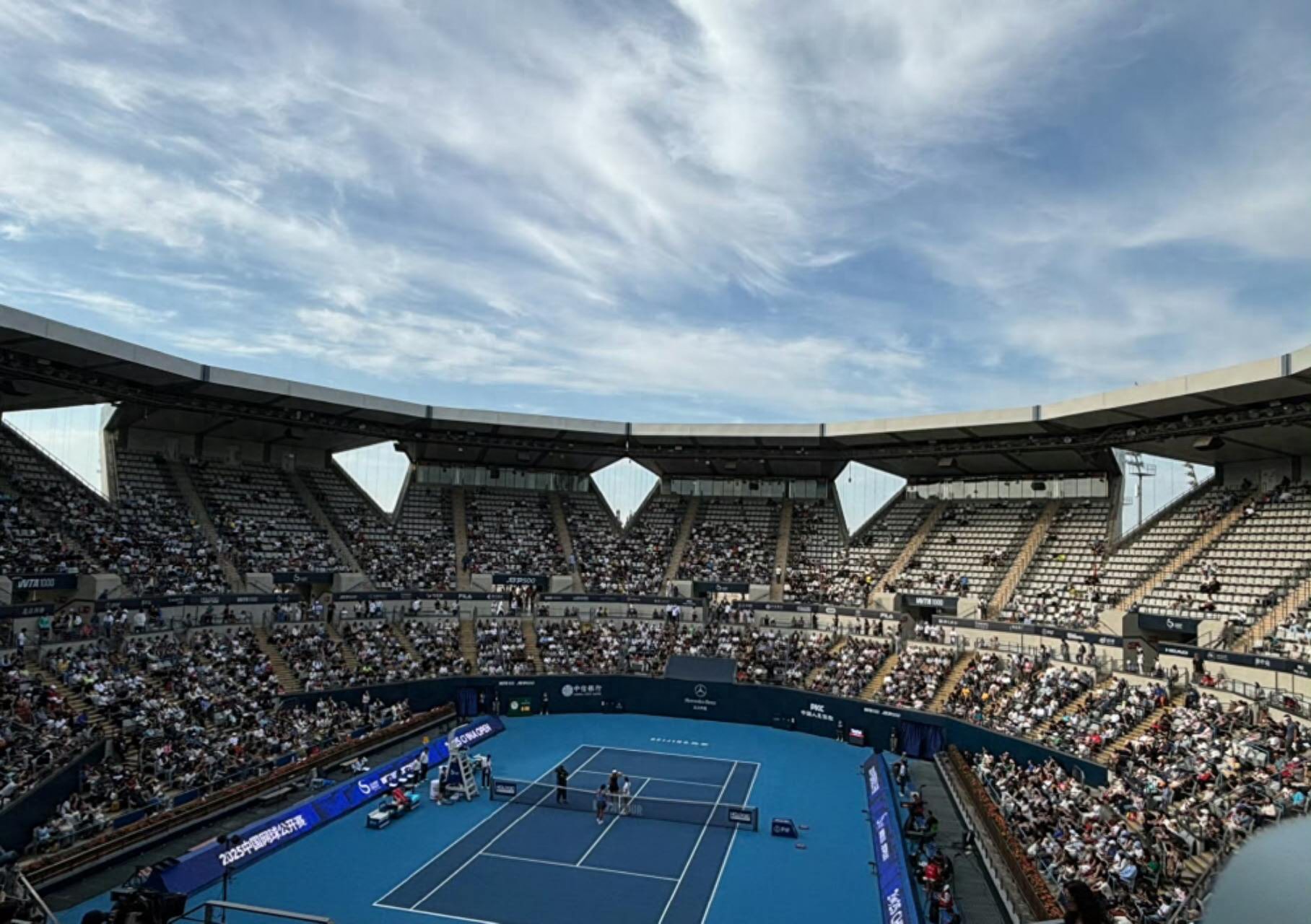
As the China Open reached its midpoint, the event was hit by a surprising “withdrawal wave.” On September 29 alone, six matches were cut short due to players pulling out.
Spectators holding daytime tickets joked that they felt like they were at a “resort” — with four matches at Lotus Court ending in withdrawals and only one match completed, while Diamond Court also saw two matches end prematurely. Netizens humorously dubbed Lotus Court the “White Lotus Resort,” a nickname that quickly spread across social media.
The withdrawal wave struck fiercely, with Lotus Court becoming the hardest hit area. That day, five matches were scheduled there, four of which ended in withdrawals.
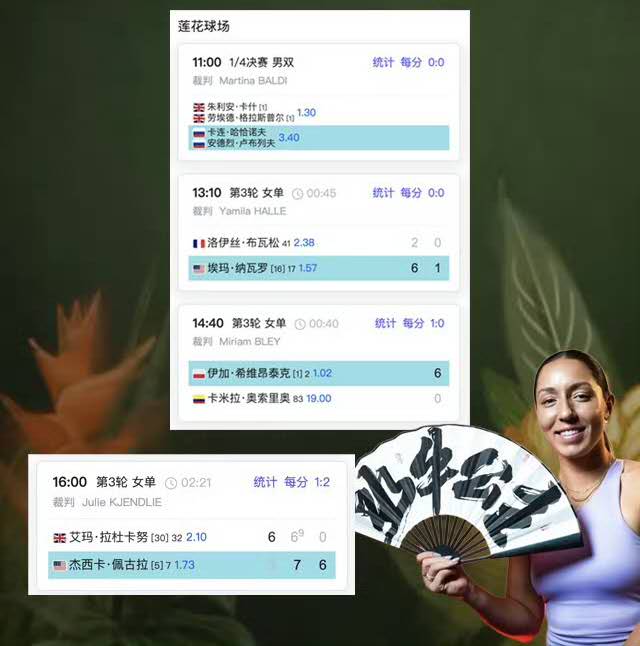
The first withdrawal occurred before the men’s doubles match between top seeds Kach/Grasper and Rublev/Kachanov, when Kach/Grasper announced their withdrawal pre-match. In the following women’s singles match, this year’s French Open dark horse Bouzas-Stefani retired due to injury while trailing Navarro 2-6, 0-1.
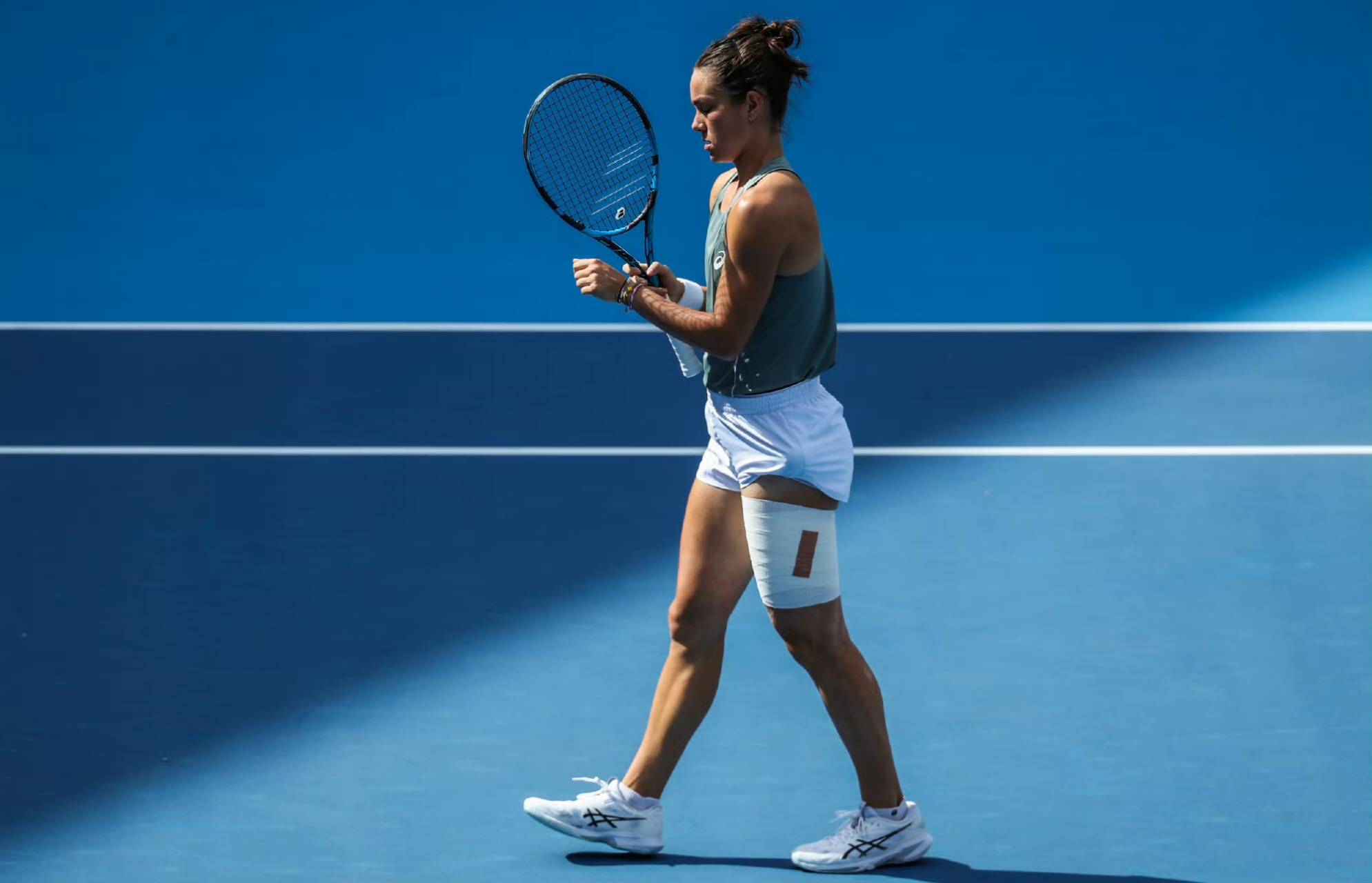
The third withdrawal was even more startling — Osorio, Svitolina’s opponent, retired after being bageled 0-6 in the first set. Notably, the only match completed at Lotus Court that day was Pegula versus Raducanu, where Pegula overcame a large deficit in the second set tiebreak to complete a remarkable comeback with scores of 3-6, 7-6(9), 6-0.
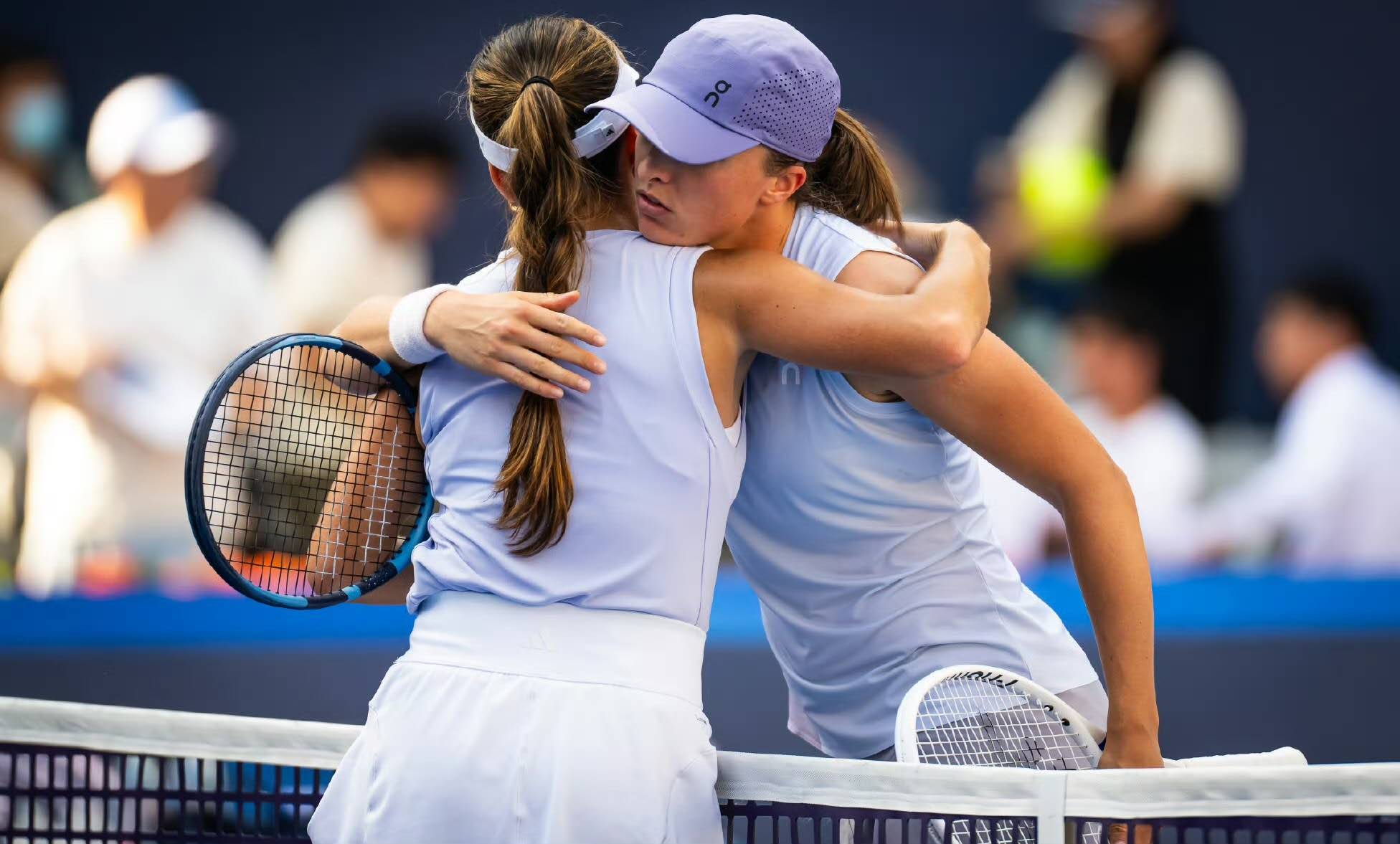
In the evening match, the controversial Italian player Musetti retired due to injury while trailing 0-3 in the final set, leaving the court amid boos from the crowd and concluding the day’s withdrawal spree at Lotus Court.
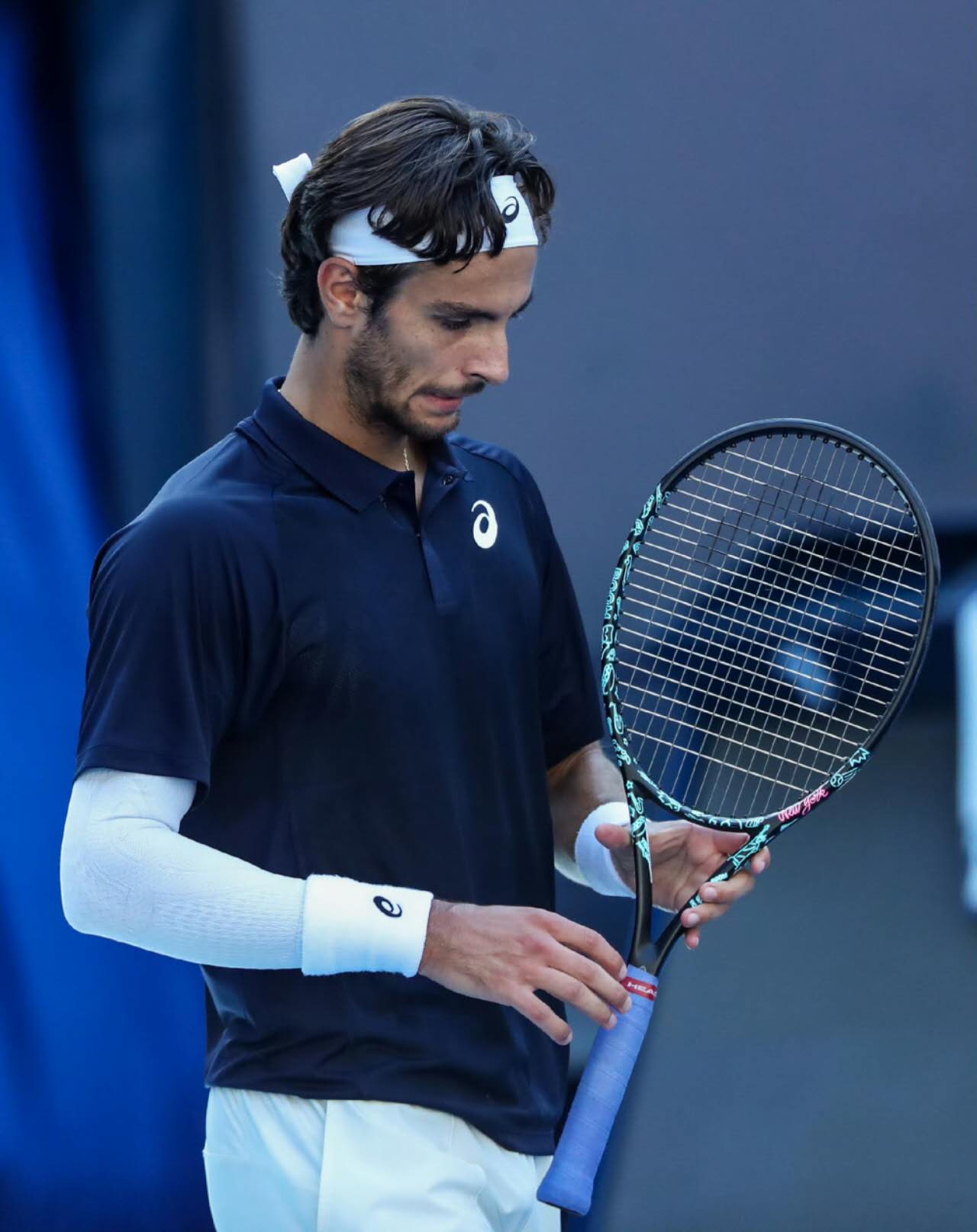
While Lotus Court earned the nickname “White Lotus Resort,” Diamond Court was no less unfortunate. During the day session, third seed Deminarl advanced easily to the semifinals after his opponent Menchik retired due to injury while trailing 1-4 in the first set; he will face Sinner in the next round. The evening match brought heartbreak to Chinese fans — China’s top player Zheng Qinwen withdrew due to injury while trailing 4-6, 6-3, 0-3.
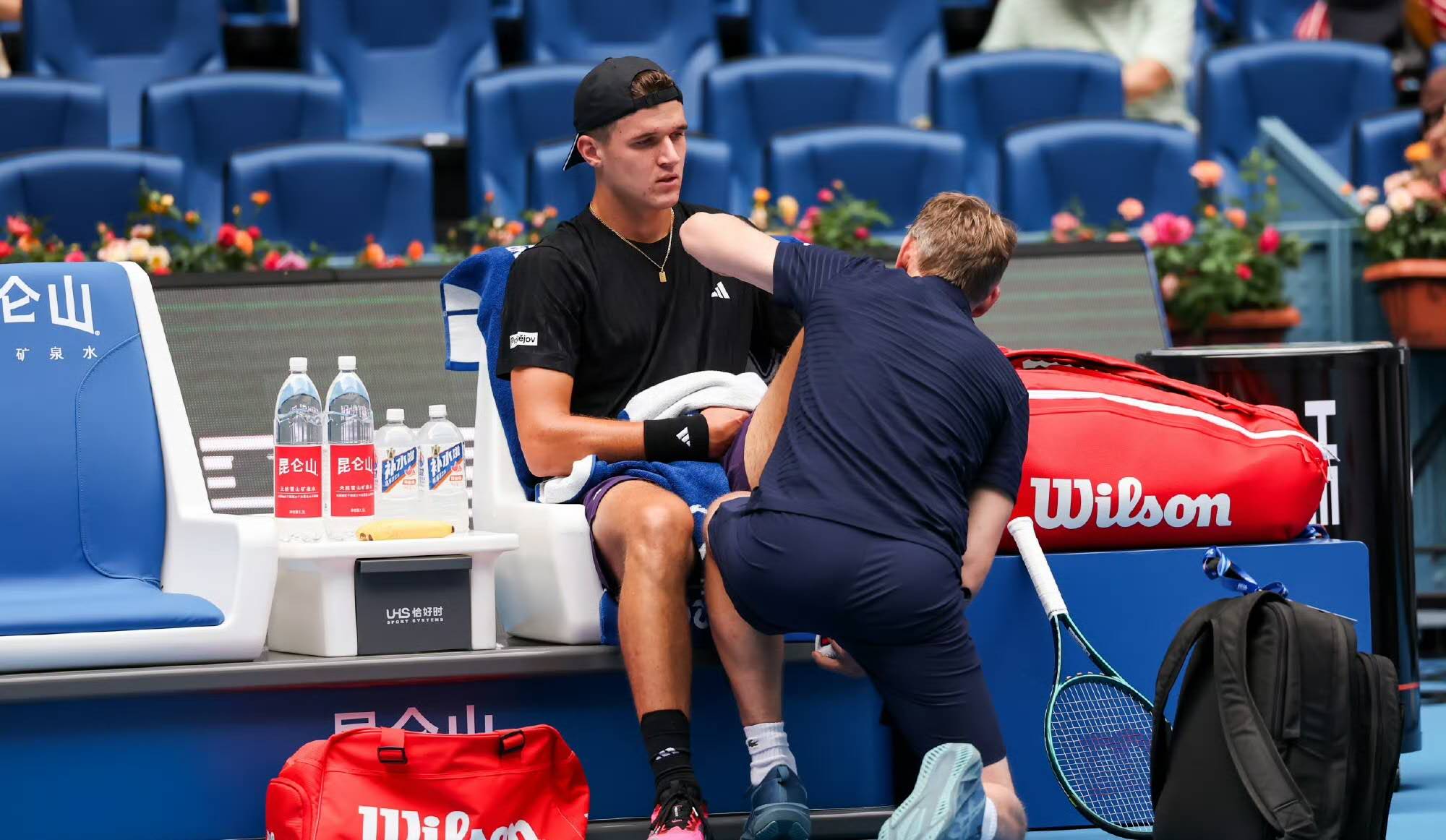
This outcome disappointed many fans who had come specifically to watch her play. Zheng Qinwen had been sidelined for months following right elbow surgery and had just returned at this China Open. Her withdrawal sparked online discussions about whether she was “forced to come back.”
Regarding this widespread wave of withdrawals, the tennis community and fans have offered various explanations.
Fatigue accumulated at the season’s end is an undeniable factor. A professional coach commented, “It’s the end of the season now, and many players have competed for consecutive weeks, reaching physical and mental exhaustion. At this point, injuries are most likely to surface.”

Weather conditions may have also played a role. Autumn in Beijing features large temperature swings between day and night, and this sudden cooling and warming can be hard for players to adjust to.
Meteorological data shows that tennis courts vary between hard and soft surfaces, and under different temperature and humidity conditions, court performance changes, potentially increasing injury risks for players.
Another viewpoint suggests that the China Open’s slower court speed settings this year might have led to longer rallies and extended match durations, increasing players’ physical strain. On slower courts, players must run more and endure longer exchanges, which, combined with end-of-season fatigue, can more easily trigger acute injuries.
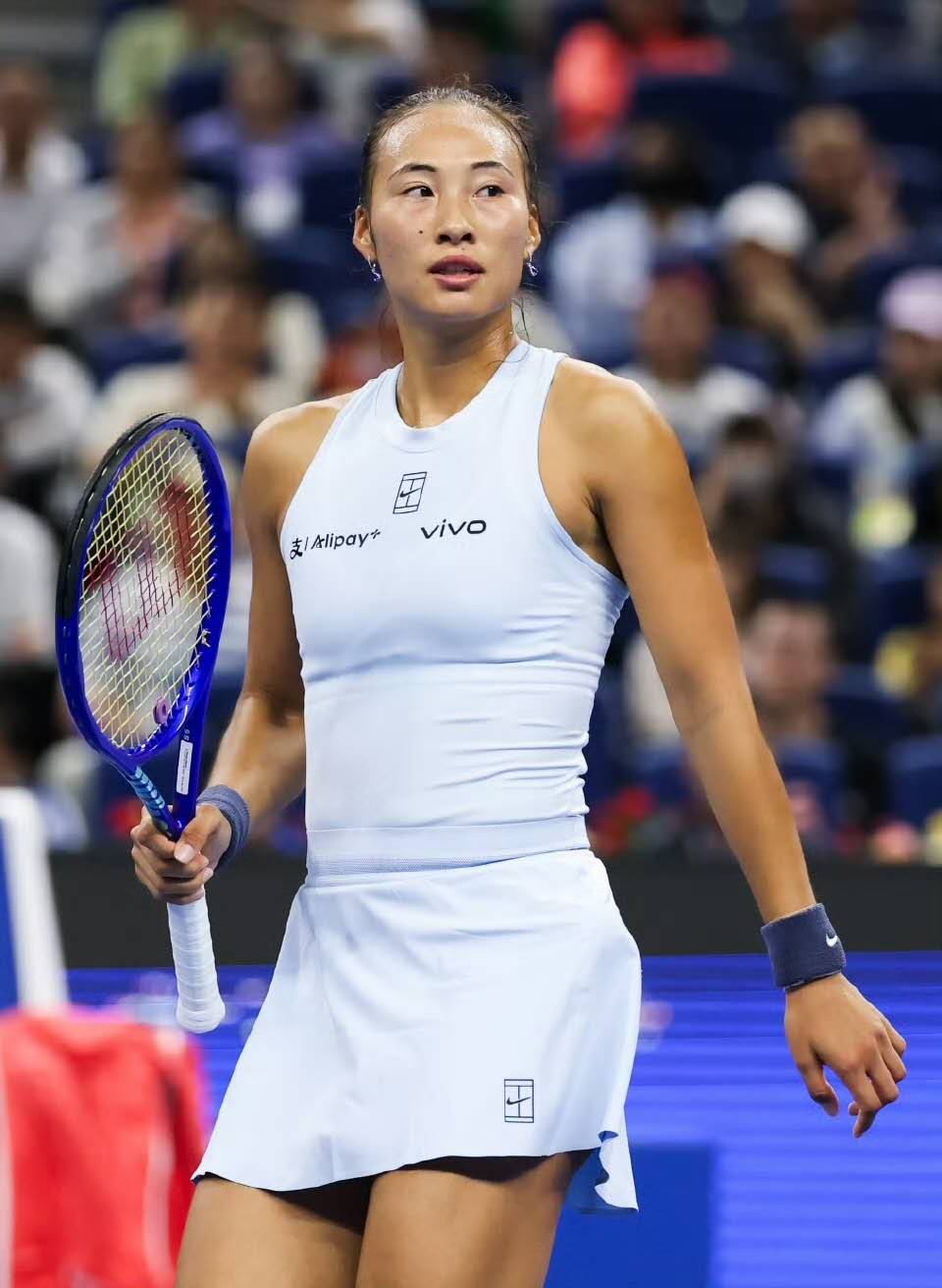
It is worth noting that Zheng Qinwen’s withdrawal attracted particular attention due to the complex background surrounding her comeback. After her debut, Zheng openly admitted, “My team did not fully support me playing at the China Open,” sparking speculation about whether she was forced to return.
Insiders revealed that from her right elbow arthroscopy in July until the China Open, Zheng had only recovered about 80%, but ranking and commercial pressures likely pushed her comeback. Missing the US Open, Zheng needed to defend 1940 points from last season’s Asian swing (including a China Open semifinal and Wuhan final) to avoid dropping out of the top ten. According to sponsor contracts, maintaining a top-ten ranking is mandatory.
Additionally, financial pressures also motivated Zheng’s return. She struggled with injuries in the first half of the year, earning only 10.22 million yuan in prize money, resulting in financial losses. During surgery recovery, Zheng supported her team on zero income, facing significant fiscal stress. The China season is the most crucial exposure period for Zheng and her sponsors annually. Missing the US Open was already a blow; skipping the China season would seriously impact her commercial value.
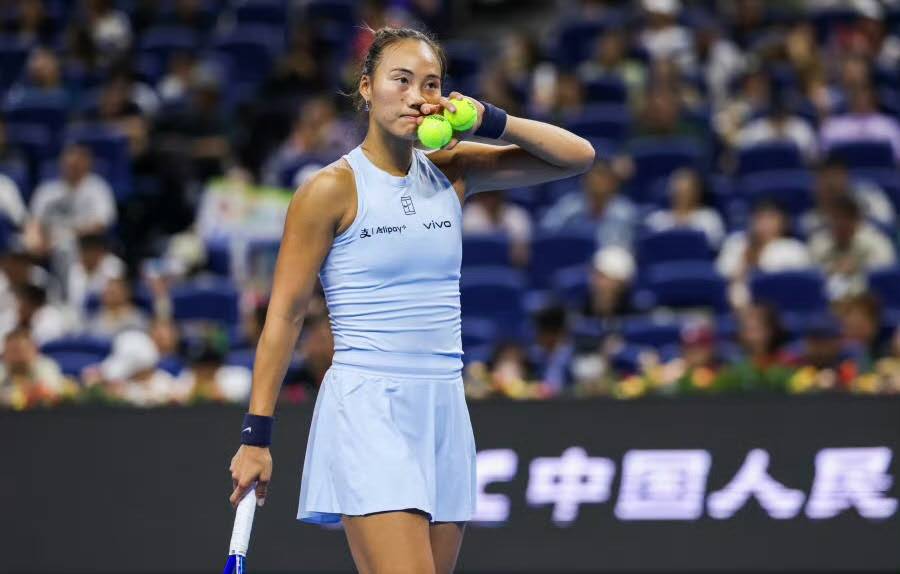
Opinions among netizens about Zheng Qinwen’s withdrawal vary. One user bluntly stated, “Doesn’t this just confirm the rumor that she was forced to come back? She clearly wasn’t fully recovered, so why did she have to compete?”
Another user countered, “Athletes have their own considerations. Zheng definitely wanted to compete at home. Don’t overinterpret the situation.”
In any case, the China Open organizers seemed unprepared for how the autumn chill in Beijing would coincide with such a large-scale withdrawal wave.(Source: Tennis Home, Author: Lu Xiaotian)







 Links
Links
 Contact
Contact
 App
App


